Works by Fayga Ostrower in the CAM
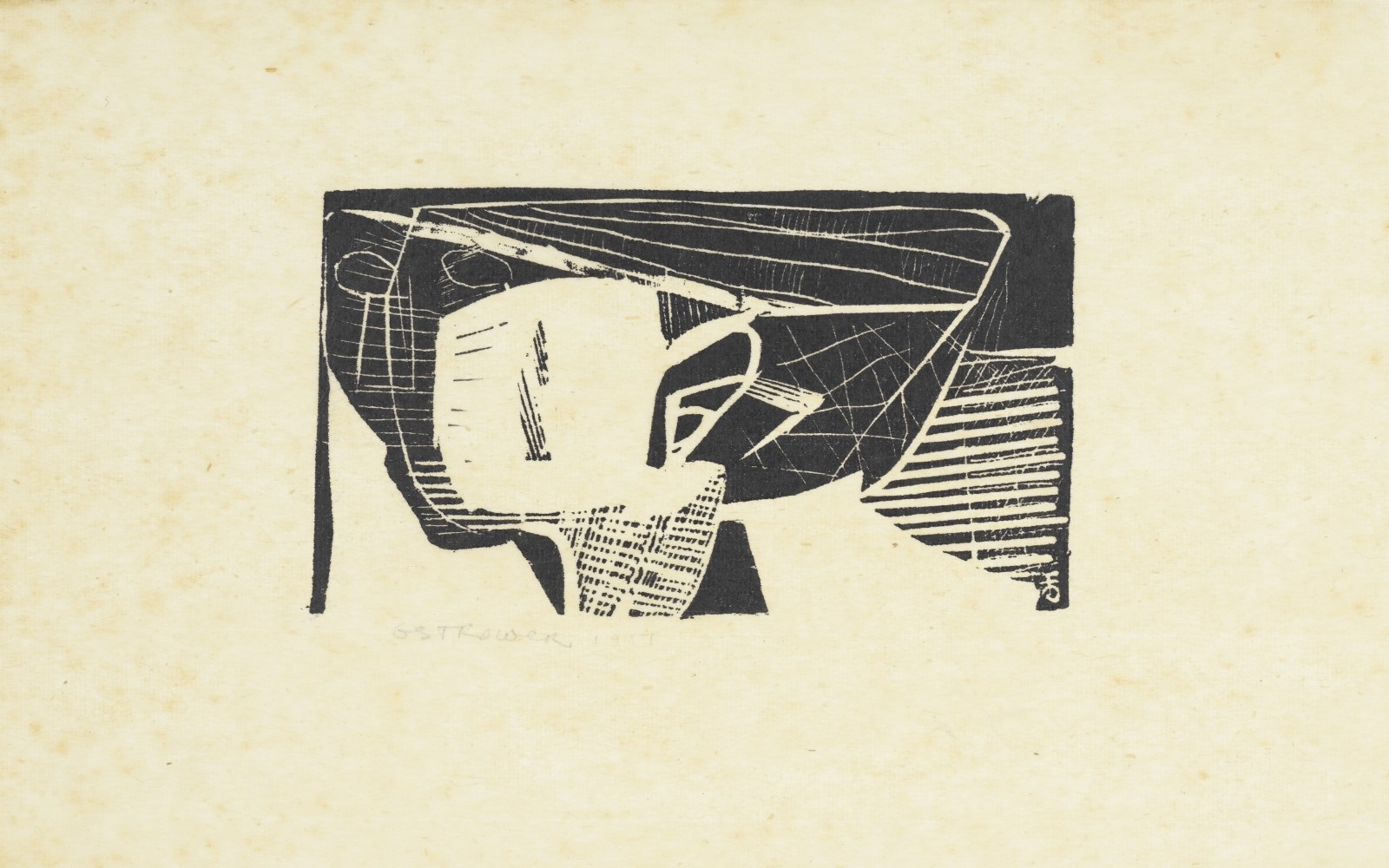
Engraver, painter, draughtswoman, illustrator, art theorist and university professor, Fayga Ostrower (1920-2001) was born in Lodz, Poland, and lived in Germany from 1921 to 1933, fleeing to Brazil in 1934 following the rise of the Nazi regime. She settled in Rio de Janeiro, attending the Graphic Arts course at the Getúlio Vargas Foundation, where she was taught by Axl Leskoschek, Carlos Oswald and Hanna Levy-Deinhard, among others.
Her first solo exhibition was held at Galeria Itapetininga, in São Paulo, showing works from her figurative expressionist phase, which included drawings, metal engravings, linocuts and woodcuts. In 1955, after receiving a Fulbright scholarship, the artist moved to New York for a year, where she studied printmaking with the renowned printmaker Stanley Hayter.
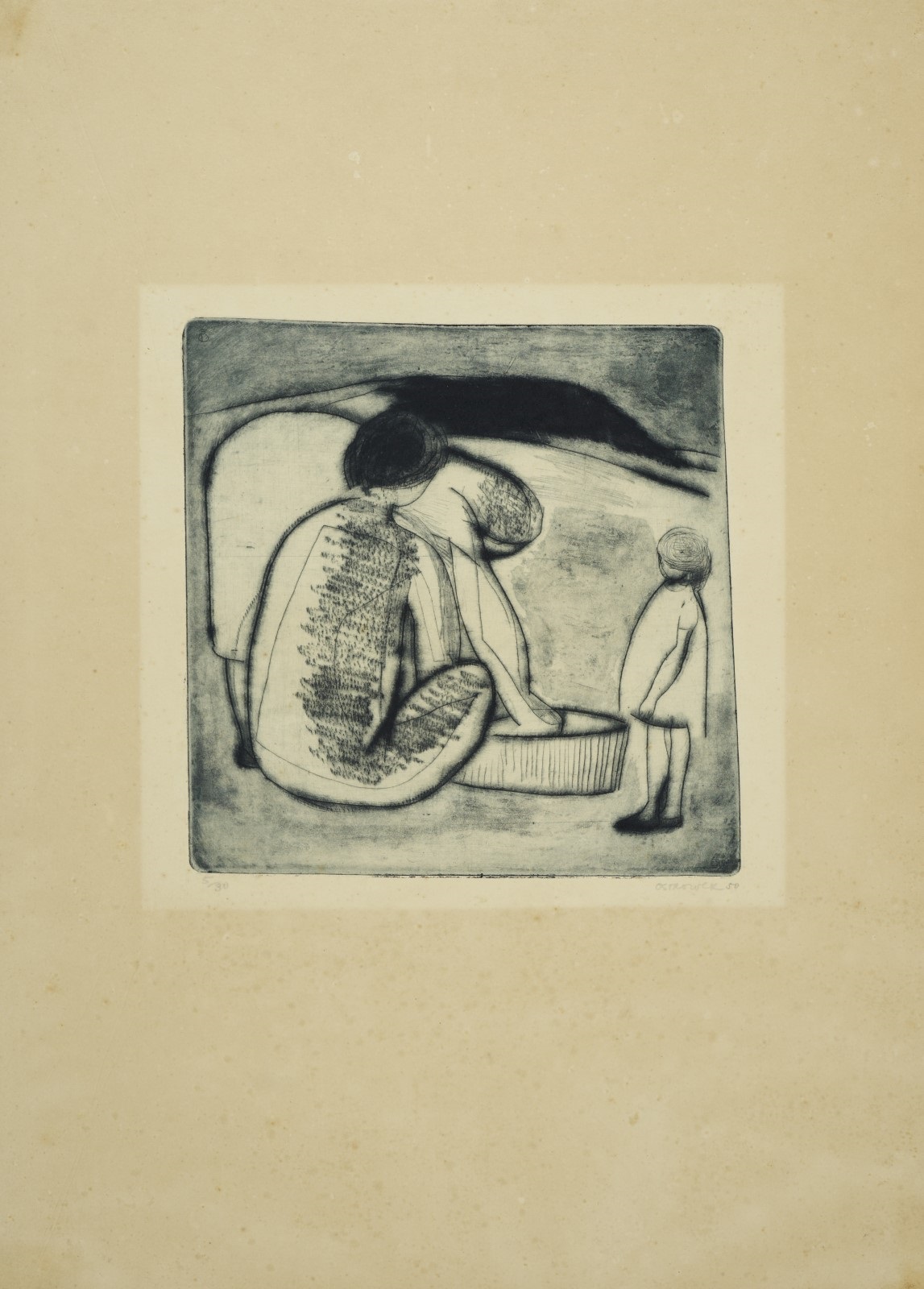
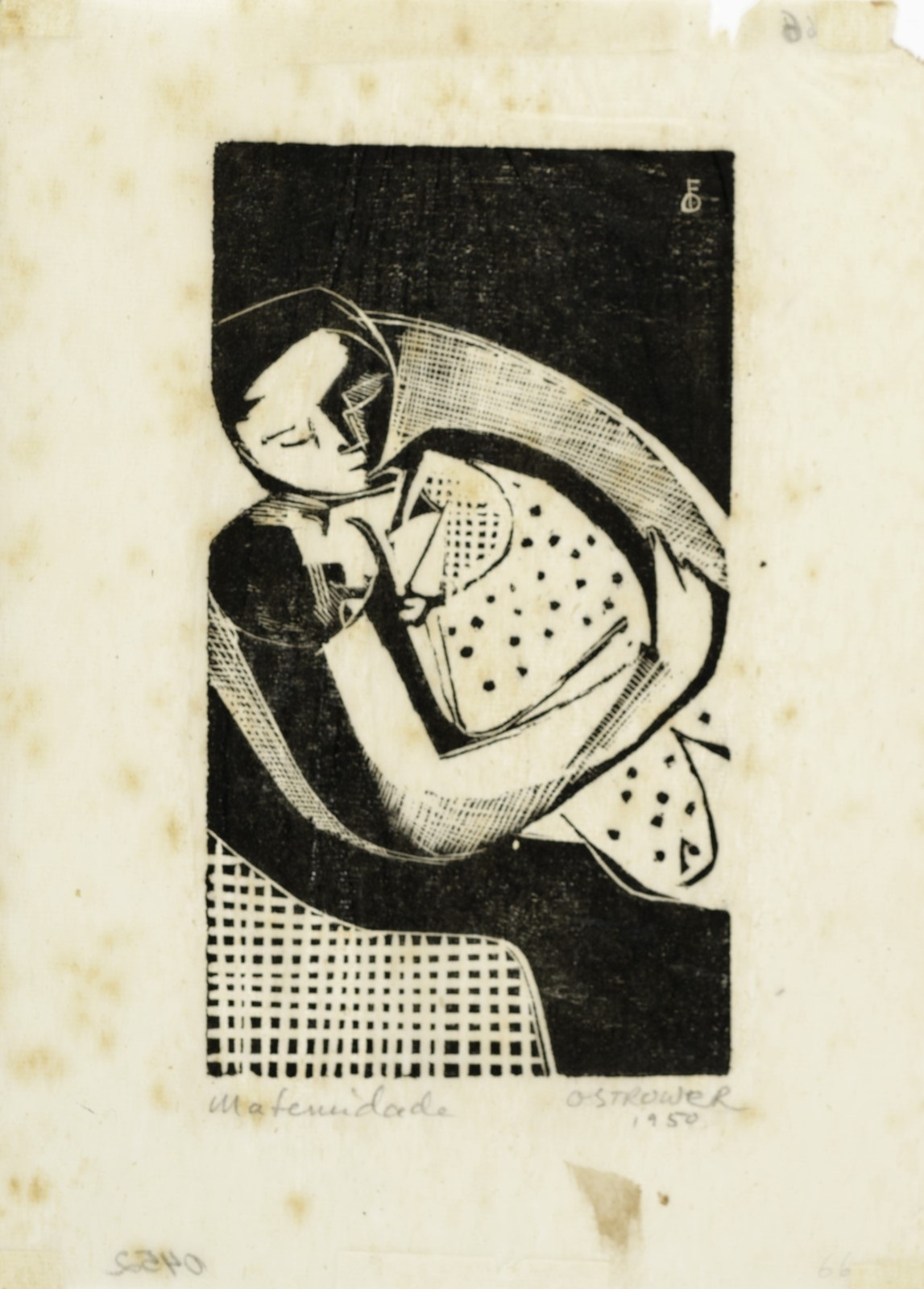
Between 1954 and 1970, she taught at the Museum of Modern Art in Rio de Janeiro and lectured at Spelman College, in Atlanta, and Slade School of Fine Art at the University of London, as well as teaching at various Brazilian universities. During these years, she held courses for workers in community centres, with the aim of promoting art.
In 1977, the Gulbenkian Foundation devoted an exhibition to her, leading to the acquisition of two prints that are now part of the Modern Art Centre Collection. Around a decade later, the artist took part in an exhibition of Brazilian printmaking at the Foundation’s Head Office. She also held various solo and group exhibitions in Brazil and abroad, and won major prizes.
The Fayga Ostrower Institute was founded in 2002, after the artist’s death, with the aim of promoting and preserving her work. In the context of the centenary of her birth, in 2020, the Institute donated to the Foundation a series of prints by the artist, which were selected taking into account the two abstract works acquired in 1977 (invs. GE629 and GE630).
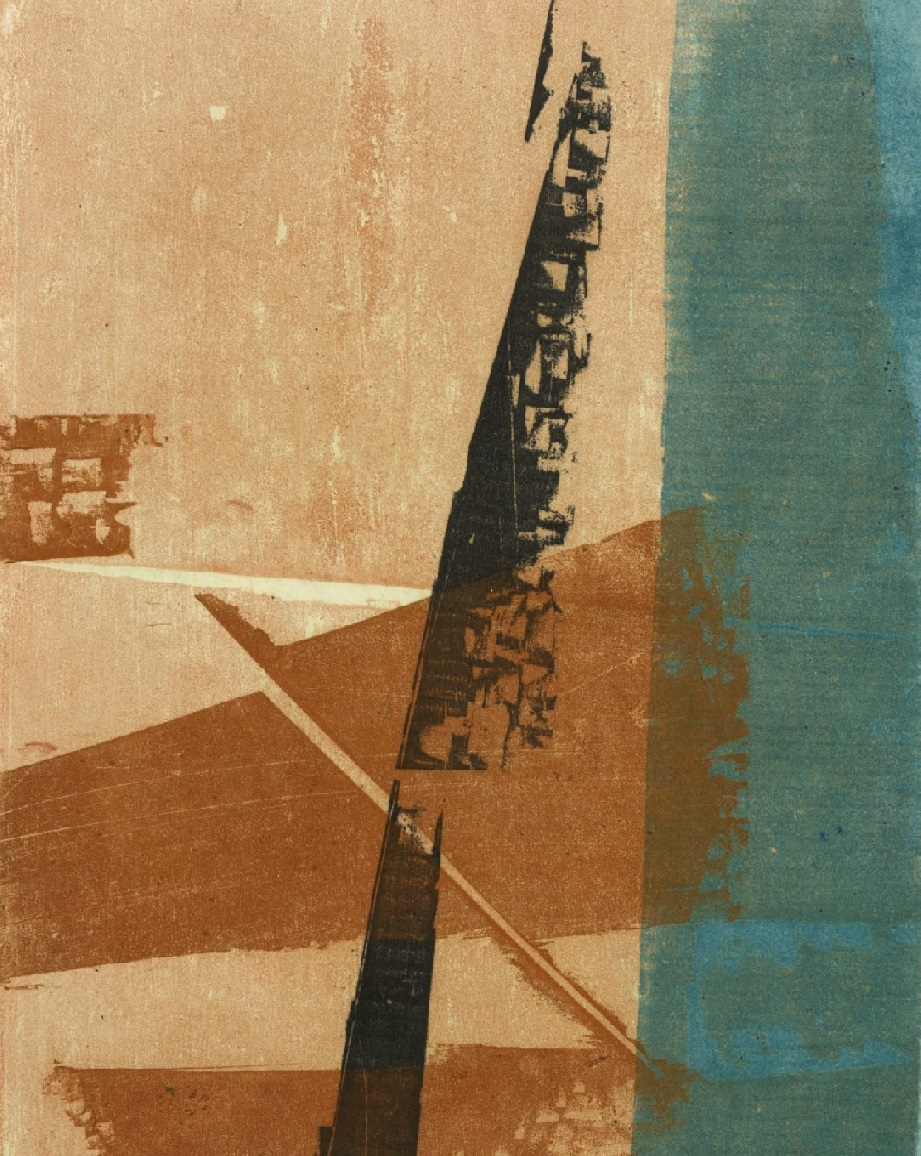
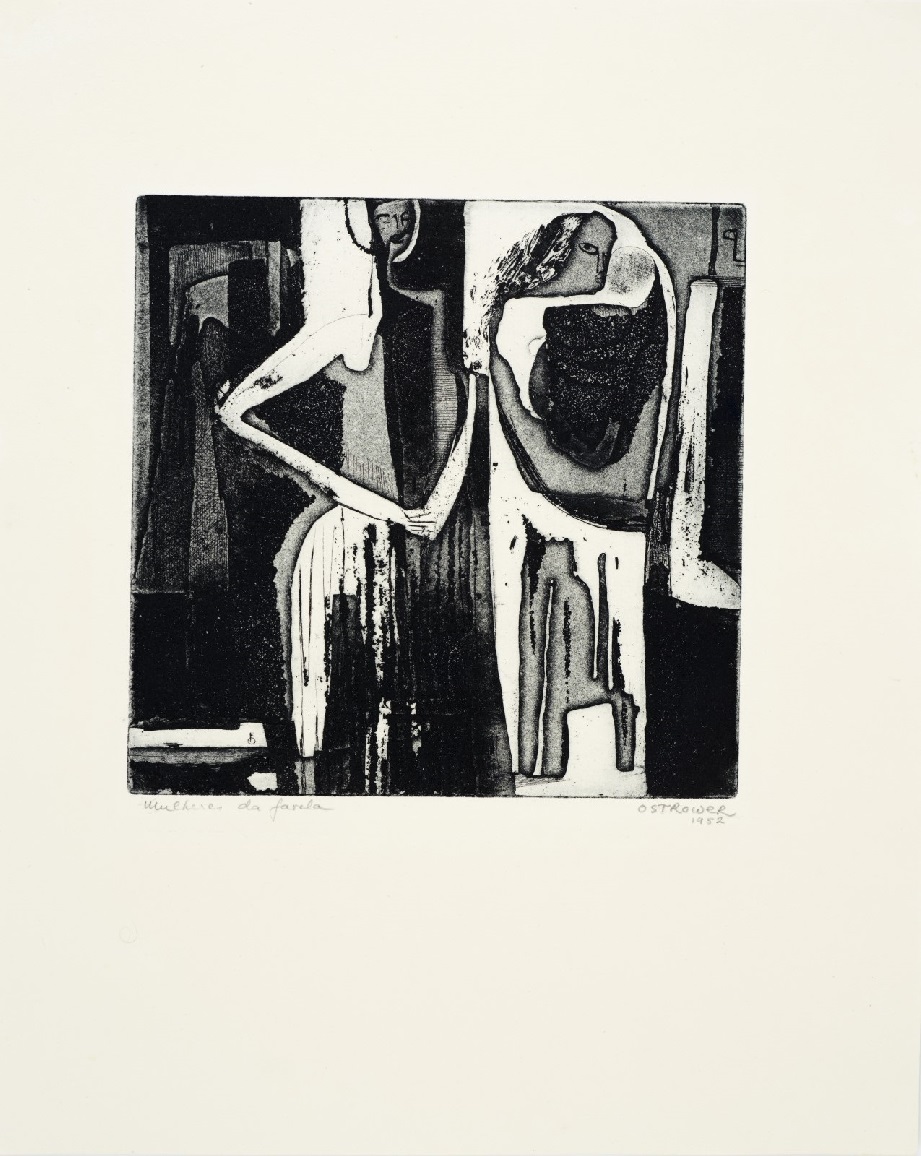
Fayga is linked to German Expressionism, both for reasons of linguistic and cultural affinity and because of the growth and spread of printmaking in Brazil. Her work is close to that of the German artist Käthe Kollwitz, who tackles social themes, particularly those related to women: this is the very subject behind four of the donated prints dating from the early 1950s – Cabeça de Mulata [Head of a mixed-race woman], Mulheres da favela [Favela women], Maternidade [Motherhood] and Sem título (Duas mulheres e uma criança) [Untitled (Two women and a child)] – all devoted to women, work and motherhood.
The woodcut 5822 (1958), which, being abstract in nature, has an entirely different register to the earlier pieces, is one of the donated works. A print of it was exhibited at the XXIX Venice Biennale, in 1958.
Patrícia Rosas
Curator